
On July 4, President Trump signed the “One Big Beautiful Bill” passed by both houses of Congress, eliminating the excise tax on NFA items, but maintaining the regulation and registration aspects of the same. Gun owners and gun rights groups have expressed strongly opposed sentiments about the outcomes, which has also generated a major joint lawsuit that will challenge the legality of the NFA now that the tax is zero.
Many prominent voices in the gun rights community, along with thousands of individuals maintained that the only desirable outcome was complete deregulation, observing that future administrations and Democrat majorities could simply reinstate the tax, and perhaps increase it based on a cost adjustment from the original 1934 amount.
Some assert that such victories only come in small steps and need to be appreciated for what they are, while others argue that we should not accept complacent tradeoffs for what are clear violations of the Second Amendment in the form of obvious infringements on civil liberties.
Rep. Andrew Clyde was a prominent voice in Congress calling for an aggressive, pro-Second Amendment approach, writing on Twitter, “The NFA should be eliminated completely.” He worked to ensure the Hearing Protection Act and the SHORT Act were included in Trump’s “OBBB”.
In response to the eventual outcome, a number of prominent gun rights groups issued this joint statement:
When President Trump signs the One Big Beautiful Bill — which will eliminate the excise tax on suppressors, short-barreled rifles, short-barreled shotguns, and AOWs — he will have delivered the biggest blow to the National Firearms Act since its passage nearly a century ago. We thank President Trump for his leadership and every member of Congress who fought for law-abiding gun owners throughout the reconciliation process.
(This statement was issued jointly by the American Suppressor Association, the National Rifle Association, Firearms Policy Coalition, and the Second Amendment Foundation.)
Various versions of the bill called for a complete elimination of both the NFA and the deregulation of short-barreled rifles and shotguns, as well as suppressors. These were ultimately blocked by a budget reconciliation hurdle known as the “Byrd bath” which forbids non-budgetary provisions in reconciliation bills.
Deregulation of the NFA sought to remove the $200 tax and registration. However, the Senate parliamentarian (an unelected role filled by Elizabeth MacDonough) ruled these changes were policy-focused, not budgetary, violating the Byrd Rule. This meant they couldn’t be included in the reconciliation bill and would need 60 votes if pursued separately. Republicans chose not to pursue the issue by trying to wrangle the necessary votes or involving the Vice President.
In a last-minute, heroic effort on July 1, Rep. Andrew Clyde proposed an amendment to restore the full deregulation, but the House ultimately passed the Senate’s version that only reduced the excise tax of $200 to $0.
Although many are disappointed with the failure to fully repeal the NFA, and some have even accused gun rights groups of “capitulating,” there is a positive outcome in the announcement of a joint lawsuit filed by Gun Owners of America (GOA) and Gun Owners Foundation (GOF), alongside our allies Palmetto State Armory (PSA), the Firearms Regulatory Accountability Coalition (FRAC), Silencer Shop (SS), and B & T USA (B&T).
The lawsuit was announced on July 3 and has yet to be filed. It will challenge the NFA based on the following:
GOA’s “One Big Beautiful Lawsuit” will ask the courts to strike down the NFA’s absurd new $0 tax and registration scheme for certain suppressors and firearms with short barrels. In the 1930’s, the Supreme Court only narrowly upheld the NFA solely as a tax statute–not as a firearms regulatory law. In Sonzinsky v. United States (1937), the Court ruled the NFA was permissible under Congress’s taxing power. But once the tax is reduced to $0, the Constitutional justification for the law collapses.
We will continue to report on this story.



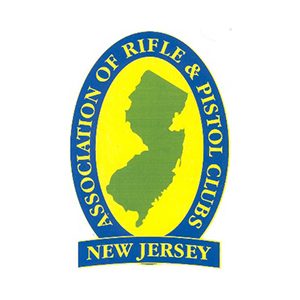
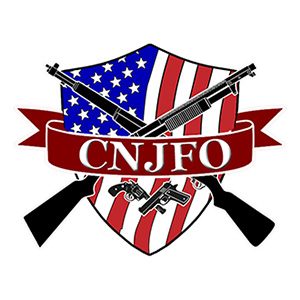
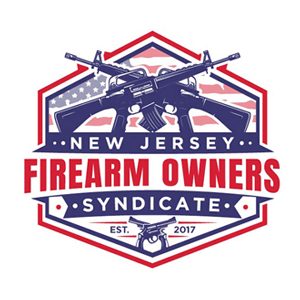
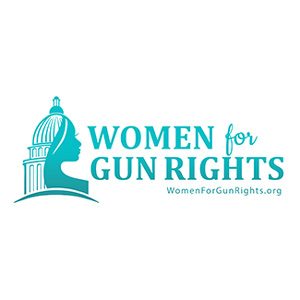
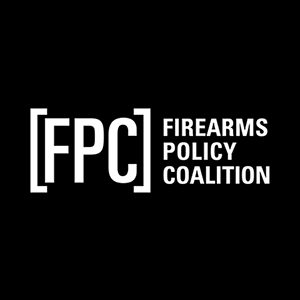
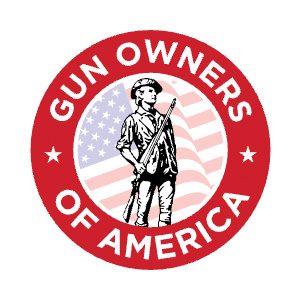
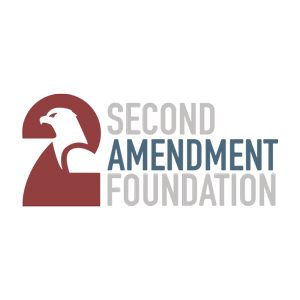
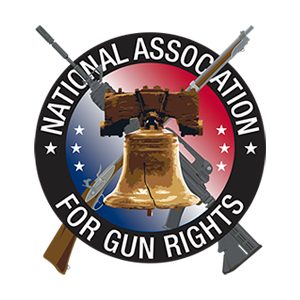
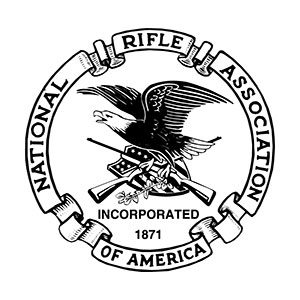

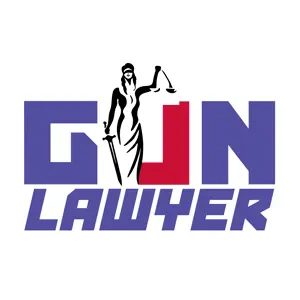

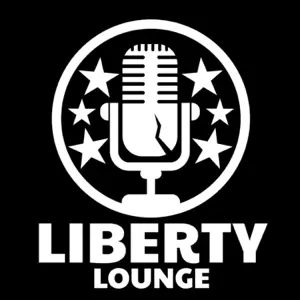


I’d rather spend the $200 than fill out all the paperwork, What’s the point?
There should be one question on the yellow form, Is this a SBR, SBS, silencer.